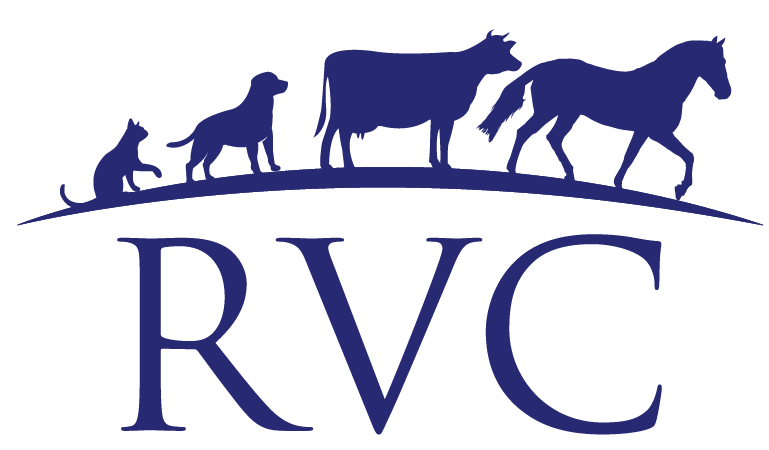
Senior Pets
At the RVC we classify pets as “senior” when they reach around 70% of their life expectancy. From then on we like to keep an extra close eye on their health to detect any issues early and to help give them the best possible quality of life in their golden years. Many of us have our own beloved elderly pets at home too, so we understand it is hard to see them age!
Our experienced and dedicated companion animal team here at the RVC are able to thoroughly and sympathetically assess your older cat or dog, with the assistance of diagnostics such as blood or urine testing, blood pressure checks, ultrasound and x-rays where indicated.
Early detection is the key to managing many age-related diseases. We now have great treatment options for many of the common medical conditions in older pets including arthritis, kidney and liver disease, diabetes, thyroid problems, cancer, dental disease, heart problems.... in fact just about any health issue that can occur in humans can effect our pets too! You may notice changes at home such as lethargy, coughing, shortness of breath, weight loss or gain, changes in thirst, coat quality and appetite, however many problems are only detectable on a careful veterinary examination.
We often consider cats and small dogs as senior citizens from about 9 years of age. Giant breeds (like Great Danes) would be considered elderly at only 6 years old. We recommend health checks every 6-12 months for senior pets, especially when you consider that 6 months in human time is considered the equivalent of up to 5 pet years!
Senior Cat Annual Care Plan
It is vital for your cat’s continuing good health that we maintain their protection from disease by keeping their vaccinations up to date. It is also essential that we detect health issues early.
Senior Dog Annual Care Plan
We want your senior dog to lead a happy and healthy life as it moves through its twilight years, so included in this plan is a comprehensive health exam, as well as a senior blood test.


